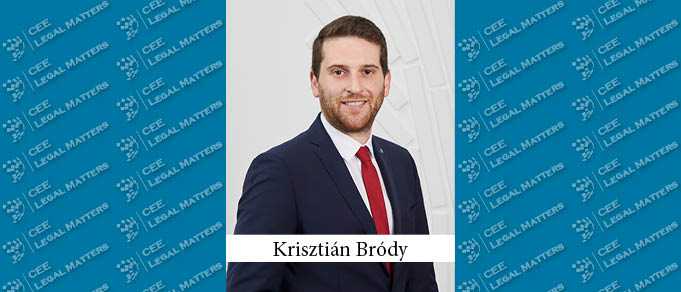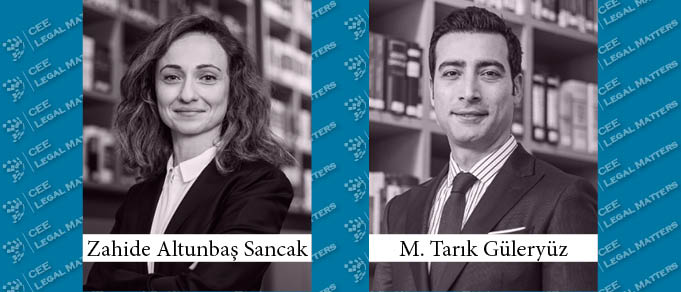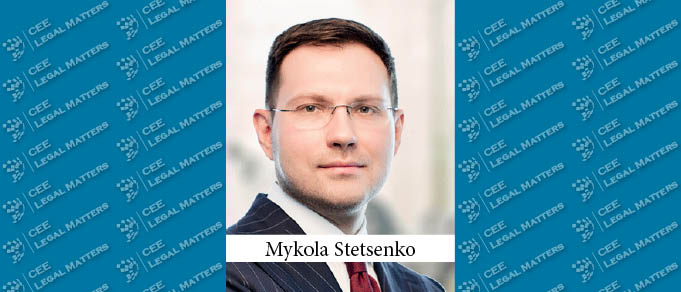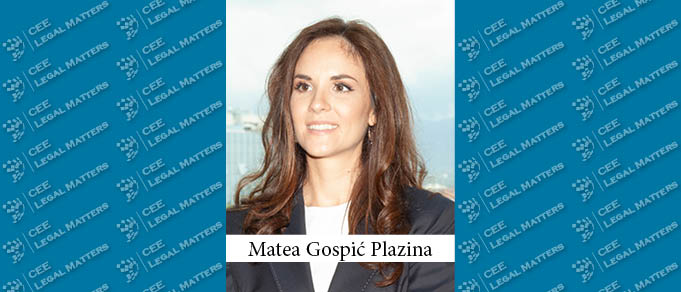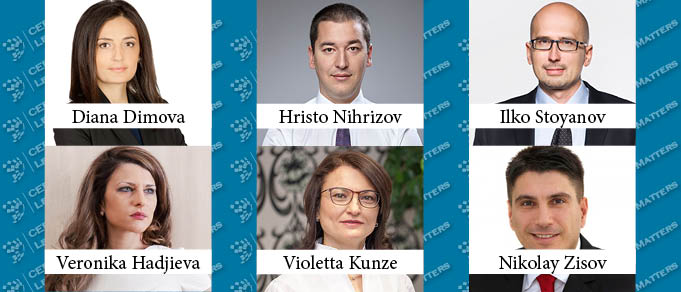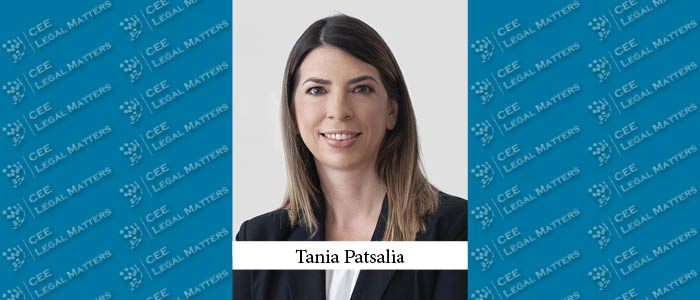The European Commission approved the creation of a new synthetic securitisation product under the EU State aid regulation. The new product is in the form of guarantees on synthetic securitisation tranches to help companies affected by the COVID-19 outbreak in the 22 participating Member States (i.e. Austria, Belgium, Bulgaria, Croatia, Cyprus, Denmark, Finland, France, Germany, Greece, Ireland, Italy, Lithuania, Luxemburg, Malta, the Netherlands, Poland, Portugal, Slovakia, Slovenia, Spain and Sweden). The product is under the European Guarantee Fund and managed by the European Investment Bank Group (EIB Group). The dedicated budget is EUR 1.4 billion, however, it is expected to mobilise at least EUR 13 billion of new lending to companies affected by the COVID-19 outbreak.
Enforceability of Non-compete Agreements with Employees under Turkish Law
Employees may have access to important and confidential information related to the employer, including the company’s operations, clientele and trade secrets. Use of such information without employer’s knowledge may harm the legitimate interests of the employer. In this respect, an employee should not compete with his/her employer according to the duty of fidelity during the term of the employment agreement. As this is a statutory duty imposed on the employee, there is no need for such non-compete obligation to be explicitly set out in the employment agreement.
Doing Business in Ukraine: 30 Years of Independence
Let me start with a provocative statement: it is really easy and safe to do business in Ukraine today. As discussed in the article below, this is not a naive view of a Ukrainian lawyer but pure facts and statistics. Moreover, if you compare Ukraine with its neighbors, the contrast is startling: information transparency of companies coupled with super-fast registration procedures and special regime for IT companies are astonishing.
UBO Register in Hungary: An Interview with Alexandra Bognar of Schoenherr
In a recent article for CEE Legal Matters, Schoenherr Attorney at Law Alexandra Bognar wrote that Hungary adopted a UBO Register Act this year. We spoke to Bognar to learn more about the new piece of legislation.
Environmental, Social and Governance (ESG) - Real Estate & M&A Impacts
What is ESG? ESG refers to the three key factors (environmental, social and governance) when measuring the sustainability and ethical impact of an investment in a business or company and it is commonly used in capital markets and commonly used by investors to evaluate the behavior of the companies, as well as determining their future financial performance.
Dissonant Optimism: Mergers and Acquisitions in the Bulgarian Technology Industry
Looking at the past 18 months, as economies across CEE contracted, the technology, media, and telecom sector has been surging. A balancing factor for economies, it helped avoid a deeper recession. For CEE law firms, TMT’s solid performance brought in a steady amount of work, helping polish what might otherwise have been a lackluster year.
M&A in Ukraine
Like the rest of the world, the Ukrainian M&A market was dramatically hit by the coronavirus (COVID-19) pandemic. Indeed, the number of M&A deals decreased in 2020, for the first time since 2014. However, the fourth quarter of 2020 saw a positive surge in the number of M&A deals, and although most of those deals started before the pandemic, the fact that they still happened sent a clear signal: investors are ready to buy in the new reality.

